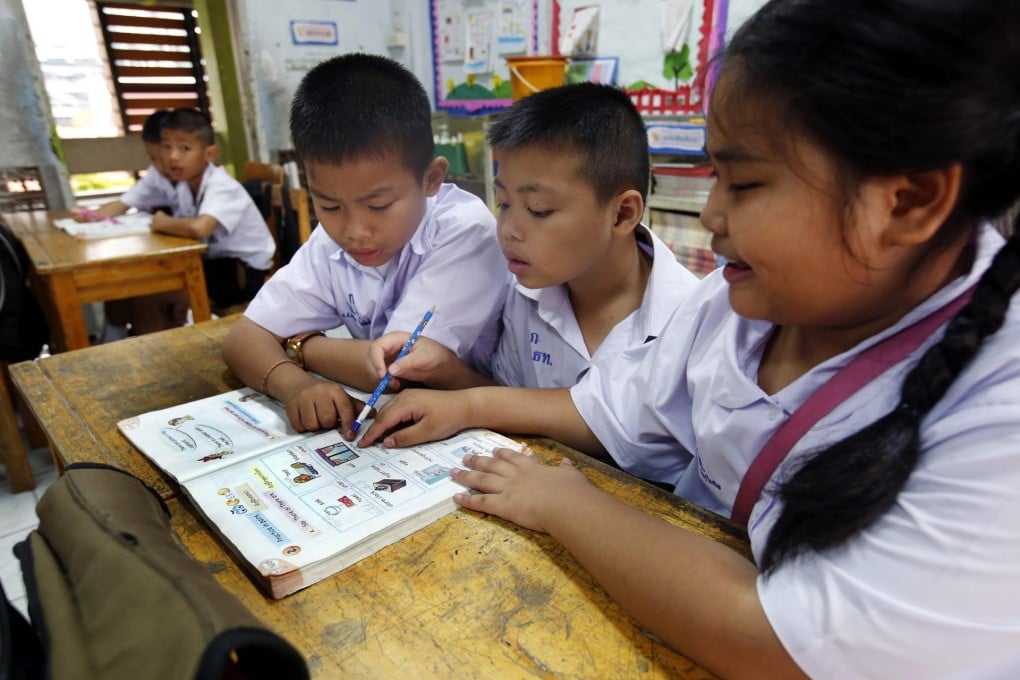Lifelong education a growing priority in Asia, Unesco report says

Education is a human right, no doubt about that. In a recently released document, the United Nations Educational, Scientific and Cultural Organisation (Unesco) Asia and Pacific Regional Bureau lays down strategies to fulfil the mission of strengthening member states' capacities to provide equitable and quality education throughout life.
It has pledged to provide support for individual countries in improving teaching practices and fostering a learning culture.
The past decades have seen progress in improving access to education in the developing world, though illiteracy remains a pressing issue in some regions.
As mentioned in the bureau's Education Support Strategy 2014-2021 report, the net enrolment rates at the primary level in its 47 member states - home to more than 4.3 billion people, or roughly 60 per cent of the world's population - stood at 91 per cent in 2012, up from 85 per cent in 2000. Providing basic education (primary and lower secondary) continues to be a tough challenge, particularly in South and West Asia, but as identified by the report, continuous or lifelong education is of rising importance.
Thanks to the growth of knowledge economies and globalisation, never has the world been as closely linked. And individual countries can rarely survive alone on the manufacturing industry.
Post-basic education, including higher education, technical and vocational training and continuing education focusing on the acquisition of skills and competences needed for life and work is cited as among the challenges facing the region.
Hong Kong is in an advantageous position in meeting the need for further education in the region